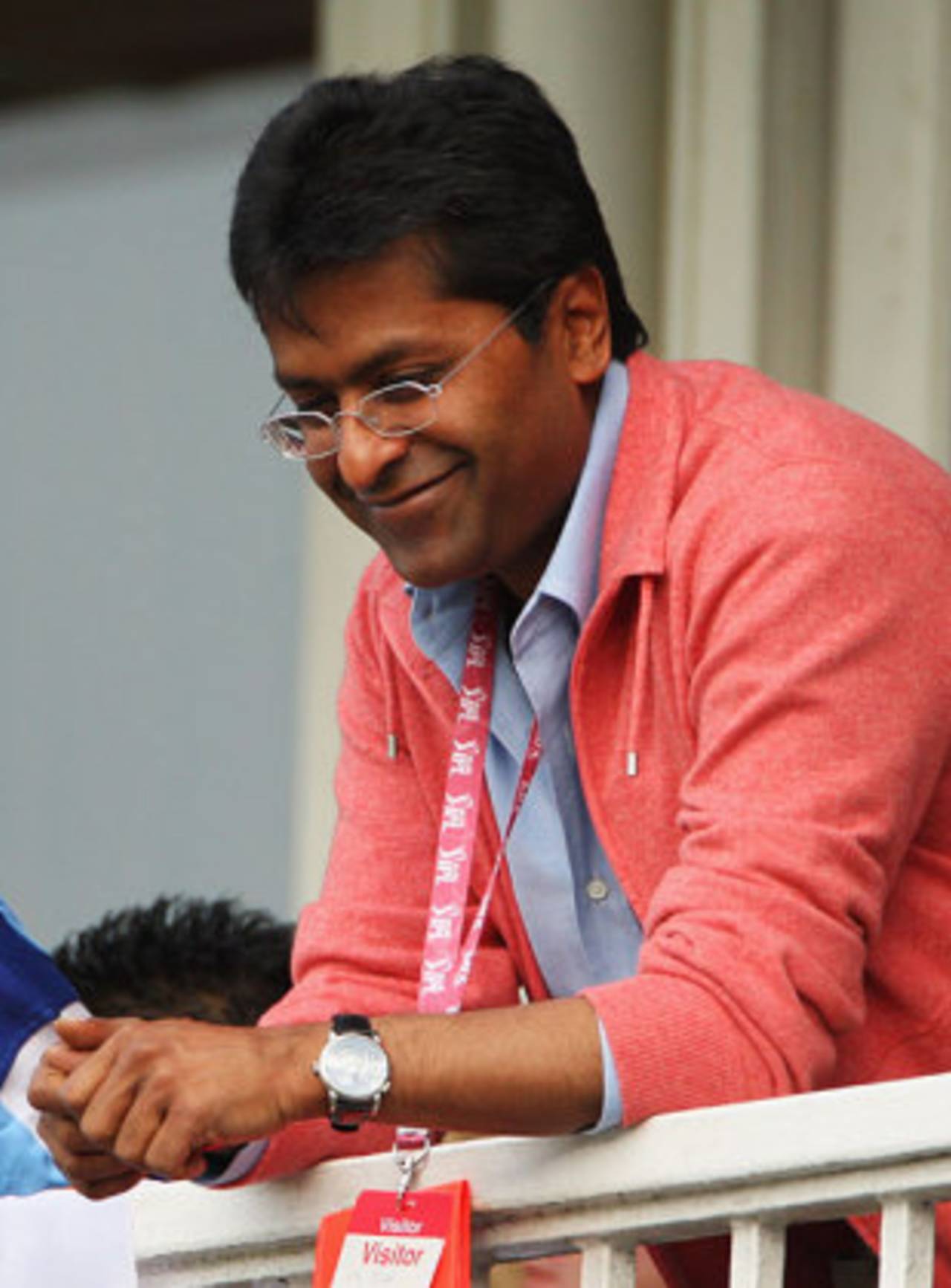The IPL has initiated steps to ensure that all cricketers who have been contracted by its franchises are available to play for the entire season from next year, except those with international commitments. This effectively means that these contracted players, and their national boards, will have to put the IPL ahead of their domestic commitments.
A press release issued on Monday said that in case of a default, the IPL will impose penalties on such players, including termination of player contracts and a ban on future participation, although Lalit Modi, the league's chairman, told Cricinfo that this would only happen in a worst-case scenario.
In what can be seen as a two-pronged deterrent, the IPL, which is owned by BCCI, will also ask the governing council of the Champions League Twenty20, comprising senior officials from India, Australia and South Africa, to take "appropriate action" against participating national boards in that tournament if they don't issue an IPL clearance for their players citing domestic commitments as a reason. While an IPL ban will affect players directly, any sanction on participating in the Champions League will impact the national board, which gets a share of the money from the organisers apart from an appearance fee for its competing domestic team.
However, the IPL said that this move does not cover players with international commitments and those who will play in matches scheduled under the ICC's Future Tours Programme (FTP) during the tournament. These decisions were finalised during the league's workshop in Bangkok last week to ensure that the IPL franchises get their best players, who have been paid huge amounts by the teams, to be part of the league.
"The IPL will work with all the cricket boards to ensure that cricketers contracted with the eight franchises are available for the season," Modi told Cricinfo. "The IPL 2010 season is in March-April, when a lot of domestic domestic tournaments will still be on. This is a one-off situation. A worst-case scenario could mean penalties on such players (who skip IPL matches citing domestic commitments), including termination of contracts, jeopardising future participation. However, we do not want to walk that path and are hopeful that we can sort this through discussions with the boards."
The next IPL will be held from March 12 to April 25, instead of the usual April-May slot, to avoid a clash with the ICC World Twenty20 that starts soon after. However, this advanced IPL schedule clashes with the Australian domestic season, which ends on March 23, and the South African season that ends on March 28. Players from both these countries are among the most sought-after in the Indian league. The Australian cricketers will then be busy with the New Zealand series that ends on March 31.
Apparently, the IPL wants to adopt the model of the Champions League Twenty20, which ensured that the best players from the top domestic teams from the seven participating countries (India, Australia, South Africa, England, West Indies, Sri Lanka and New Zealand) were available for the multi-nation club tournament. "Given that this was also the founding principle of the Champions League Twenty20, it was agreed that in the event any of the member boards not issuing an NOC to their players for participation in the IPL, on the pretext of domestic engagements, IPL could make a representation to the governing council of the Champions League for taking appropriate action against the members boards' participation in the League," the IPL release stated.
The BCCI, Cricket Australia and Cricket South Africa are founding partners of the Champions League and its governing council comprises Lalit Modi, its chairman, Niranjan Shah, its vice-chairman, N Srinivasan, the BCCI secretary, James Sutherland, the CA chief executive, Dean Kino, CA's business and legal affairs head, and Gerald Majola, CSA's chief executive.
The IPL press release added that the measures discussed at the workshop in case of a no-show by the players include "termination of player contracts and barring from future participation in the IPL, of players that have signed contracts, but fail to make themselves available for playing in the IPL.
"This will exclude any instances wherein players would have international and FTP commitments and was aimed at ensuring that players make themselves available for the IPL post their FTP commitments, especially, since such players would have already received a player release to play in the IPL from their respective boards."
Ajay Shankar is a deputy editor at Cricinfo
